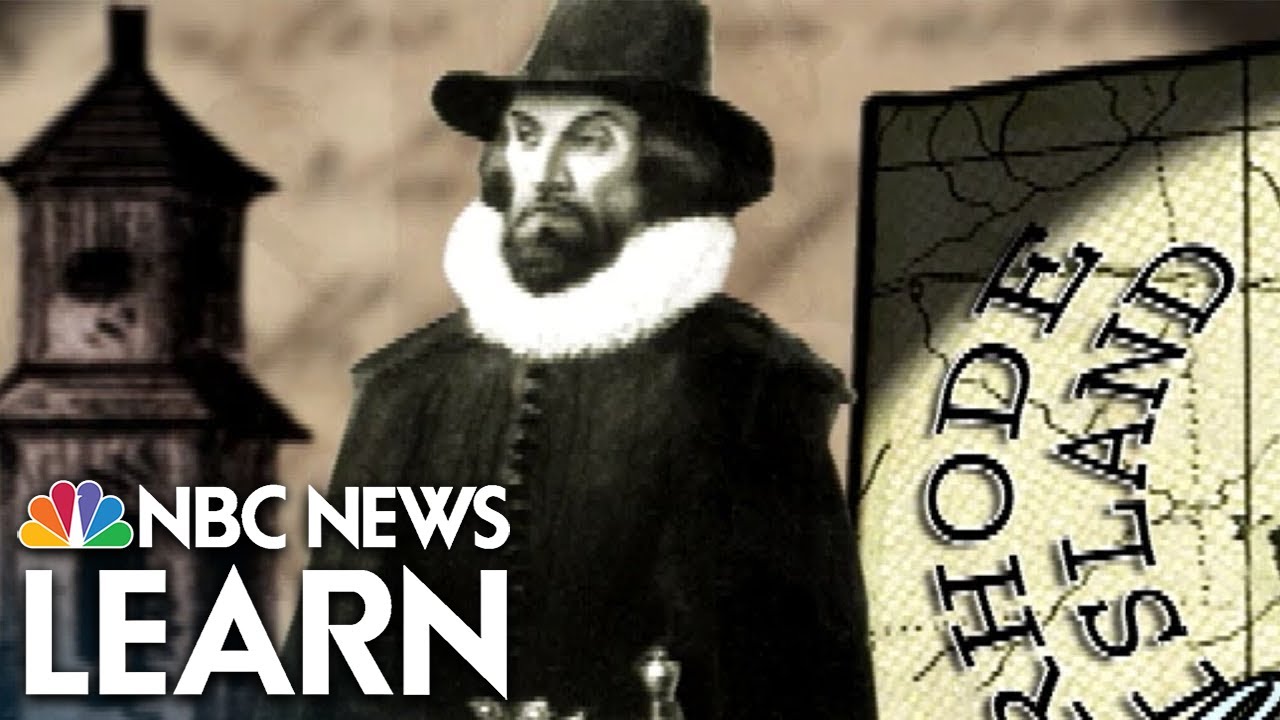The Founding History of Connecticut
Connecticut, a state located in the New England region of the United States, has a rich and fascinating founding history. From its origins as a settlement to its eventual establishment as a colony, Connecticut’s history is intertwined with the aspirations and struggles of its early settlers. Similarly, the neighboring state of Rhode Island also has a unique founding story, characterized by religious freedom and the establishment of various communities. In this article, we will delve into the founding history of both Connecticut and Rhode Island, exploring the key events and figures that shaped these states.
The Origins of Connecticut’s Settlement
The settlement of Connecticut can be traced back to the early 17th century when Europeans first began to explore and colonize North America. In 1635, a group of settlers from the Massachusetts Bay Colony, led by Reverend Thomas Hooker, sought to establish a new settlement in the fertile Connecticut River Valley. This group of Puritans left Massachusetts in search of better lands for farming and religious freedom.
The Role of Puritans in Connecticut’s Founding
The founding of Connecticut was heavily influenced by the Puritans, a religious group seeking to reform the Church of England. Puritans believed in the importance of establishing a community based on their strict religious beliefs and practices. In Connecticut, these Puritans aimed to create a society that adhered to their religious principles, emphasizing the importance of a strong work ethic, education, and communal harmony.
Exploring the Founding Fathers of Connecticut
The founding of Connecticut would not have been possible without the vision and leadership of several key figures. Reverend Thomas Hooker, often referred to as the "Father of Connecticut," played a crucial role in the establishment of the Connecticut Colony. Other notable figures include John Haynes, the first governor of Connecticut, and Roger Ludlow, who helped draft the Fundamental Orders of Connecticut, a document regarded as the first written constitution in North America.
The Connecticut Charter: A Key Milestone
In 1662, Connecticut received a royal charter from King Charles II, granting the colony political autonomy and self-governance. This charter solidified Connecticut’s status as a distinct entity within the British Empire and allowed the colony to develop its own laws and institutions. The Connecticut Charter served as a crucial milestone in the state’s founding history, providing a foundation for its future growth and development.
The Founding of the Colony of Rhode Island
Rhode Island, another New England state, was founded later than Connecticut. In 1636, Roger Williams, a Puritan minister who believed in religious freedom and the separation of church and state, established the first permanent white settlement in Rhode Island. Williams and his followers settled in Providence, which became the capital of Rhode Island.
Religious Freedom and the Founding of Rhode Island
Religious freedom played a significant role in the founding of Rhode Island. Roger Williams, having been banished from the Massachusetts Bay Colony due to his religious beliefs, sought a place where individuals could practice their faith without interference from the state. Rhode Island became a safe haven for those seeking religious freedom, attracting individuals from various religious backgrounds.
The Role of Roger Williams in Rhode Island’s Founding
Roger Williams, one of the most notable figures in Rhode Island’s founding history, championed the idea of religious freedom and tolerance. He established Providence as a place where people of different faiths could coexist peacefully and express their beliefs freely. Williams also played a crucial role in establishing government structures in Rhode Island, advocating for a representative system that respected the rights of the individual.
Anne Hutchinson and the Establishment of Portsmouth
Anne Hutchinson, a prominent religious dissenter in the Massachusetts Bay Colony, also played a significant role in the founding of Rhode Island. In 1638, Hutchinson and her followers settled in the area now known as Portsmouth, forming a community that embraced religious freedom and equality. Hutchinson’s ideas and influence contributed to the shaping of Rhode Island’s founding principles.
Merging Providence and Portsmouth: Founding Newport
In 1640, the settlements of Providence and Portsmouth merged to form a united colony, known as Rhode Island and Providence Plantations. As part of this consolidation, the town of Newport was founded, serving as an important center of commerce and trade. Newport’s strategic location and thriving economy would later play a crucial role in Rhode Island’s development as a prosperous colony.
The Rhode Island Charter: A Step towards Independence
In 1663, Rhode Island received its own royal charter from King Charles II, similar to Connecticut. This charter granted the colony a considerable degree of self-governance and religious liberty, further solidifying Rhode Island’s commitment to individual freedoms. The Rhode Island Charter laid the groundwork for the colony’s successful transition towards independence and eventual statehood.
A Comparative Analysis of Connecticut and Rhode Island
When comparing Connecticut and Rhode Island, it becomes evident that both states share a common thread of religious freedom and a desire for self-governance. While Connecticut was founded primarily by Puritans seeking to create a society based on their religious beliefs, Rhode Island was established by individuals like Roger Williams and Anne Hutchinson, who advocated for religious liberty and tolerance. Despite their different origins, both states played instrumental roles in shaping the early history of the United States and continue to thrive as vibrant and dynamic communities today.





